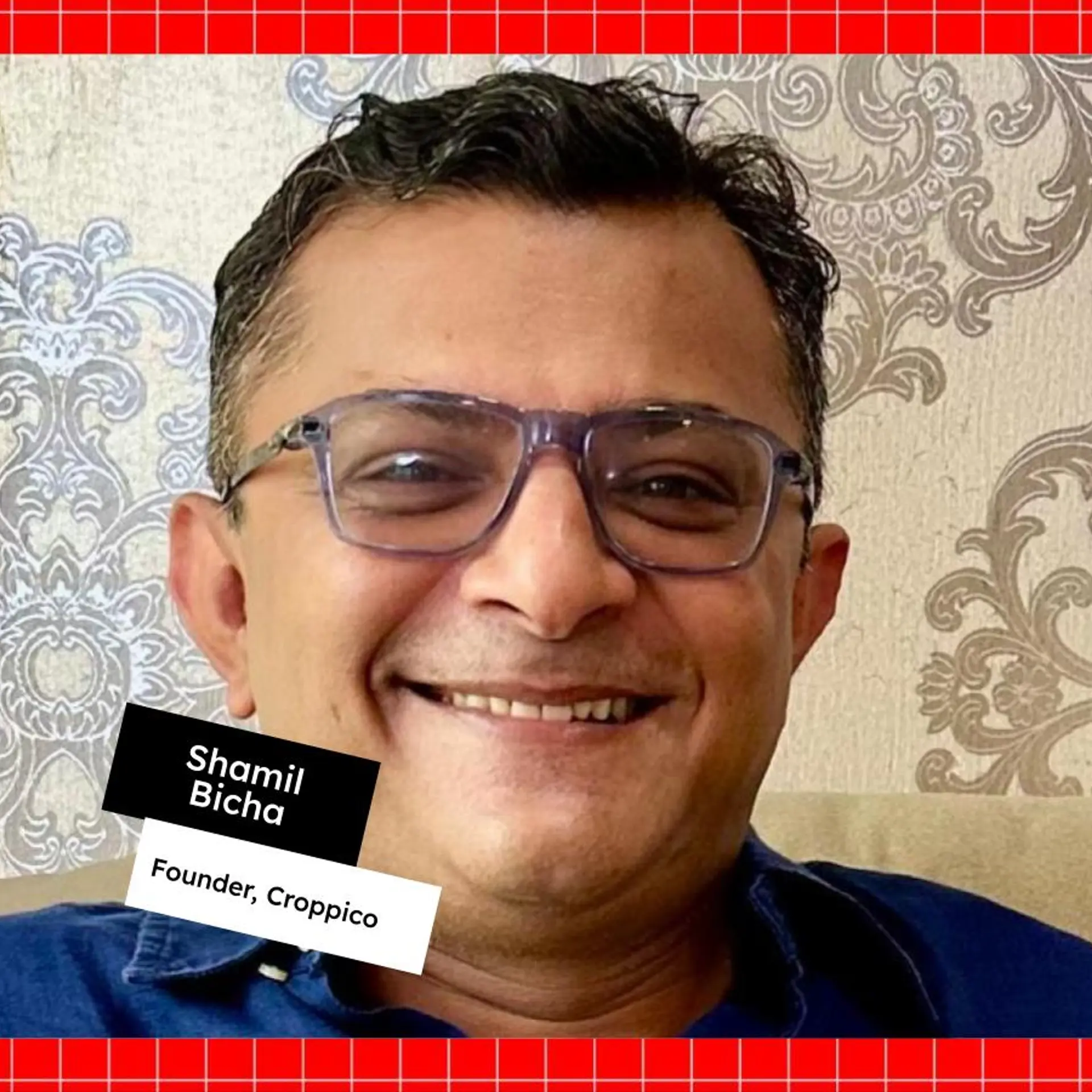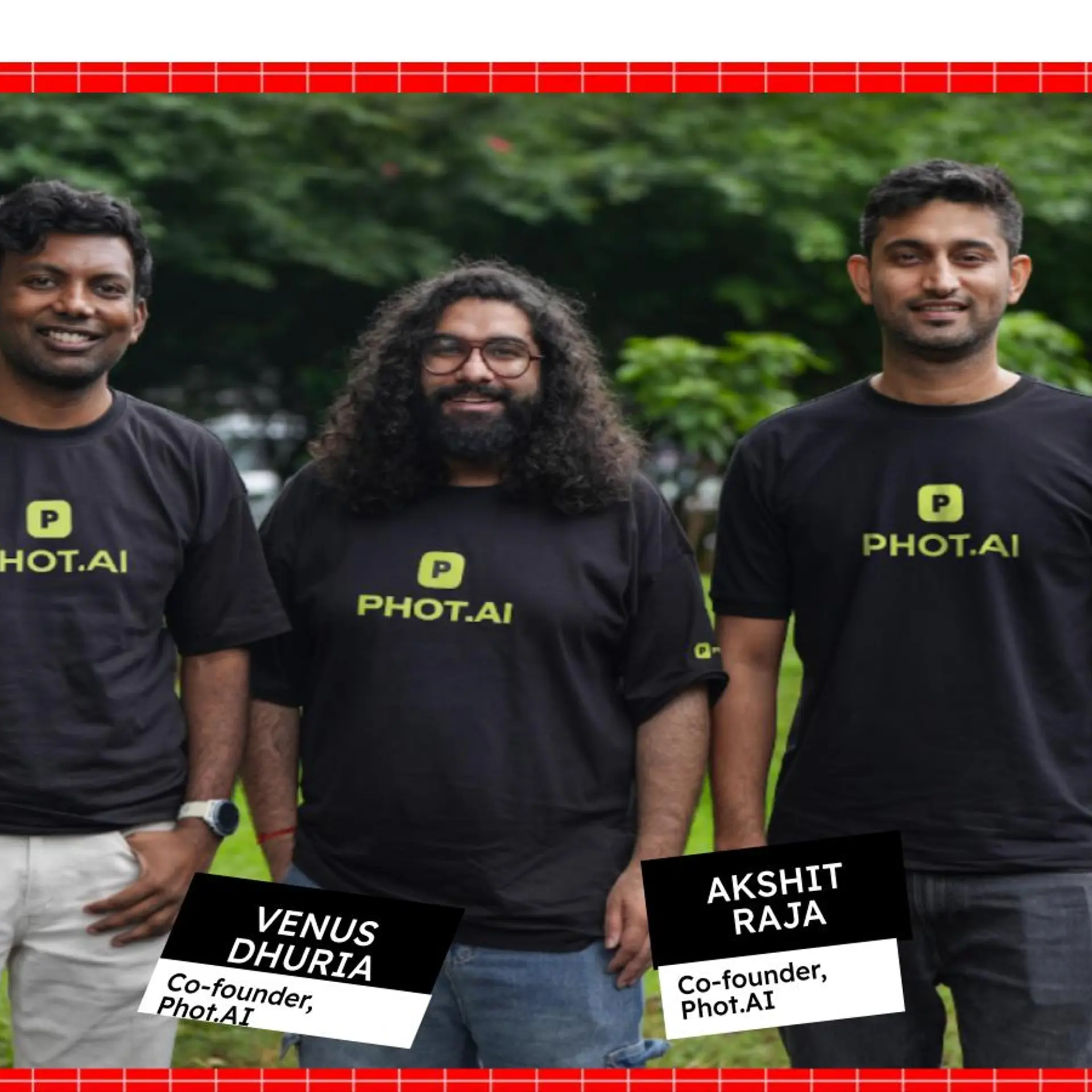MVPs – A vital bridge between Ideas to Businesses
“Entrepreneurship in a lean startup is really a series of MVP’s” - Eric Ries, Author of The Lean Startup
If one really distills down the tenets to creating a business, it comes down to two basic things
- Understanding & addressing a customer need in a meaningful way
- Monetizing the product / service which addresses the above
That’s it! So, then the question arises, if it is so simple, why do so many start-ups fail? Why do so many innovative products / services fail to take off?

While working as a business coach, I have found that quite often it is because there exists a gap between the understanding of the need in entrepreneurs’ mind and the customers’ mind. This gap is critical and can be a matter of life & death for a start-up. At the same time, addressing this gap in a quick and cost effective manner can lead to significant competitive advantage in the marketplace.
Take the example of the very successful start-up RedBus. When Phanindra Sama initially faced the problem while booking a bus ticket, his first product was a software for the bus operators, aiming to make an integrated ticketing system that would have made their inventory management more efficient and productive. However, not one operator was ready to use the software, not even for free!
Clearly the understanding of the need was different from both sides! While Phani was trying to increase efficiency and avoid the manual ticket management, the bus operators’ focus was on increasing sales and on first glance this software did not satisfy that need.
So, then the big question for start-ups / entrepreneurs is how to bridge the gap in the assumptions on customer need in a cost effective and quick manner? The concept of Minimal Viable Product (MVP) comes in handy in answering this question.
MVP is essentially is a bare minimum avatar of your final product / service which a customer can experience and therefore provide feedback to the entrepreneur to validate his / her assumptions on the fundamental business hypothesis.
In other words, a good MVP is something that helps answer the following questions
- Is the Customer Need being met? If so, to what extent?
- Will the customers be interested in using the product against other options available?
- Will they pay for it?
So can only the prototype be an MVP?
MVP can take various forms. It could simply be a video / power point presentation which shows how your product works or a working prototype which a customer can use.
Drew Houston, founder of Dropbox, an extremely easy to use file sharing tool, wanted to test his business hypothesis much before his product was ready. He wanted to check whether customers would be willing to use his product if he provides superior customer experience in seamlessly & instantaneously syncing files across platforms. Building a prototype would have taken time and money. So, instead, he developed a video (similar to this) showing a mock demo of how the technology was meant to work. The simulation video became an instant hit and he could sign up beta customers even as his product was getting ready. His video MVP validated one of his key business hypotheses and rest as they say is history.
MVP – a tactic or a strategy?
Thinking, breathing and building MVPs can be a way of life for an entrepreneur. It is not necessarily a one-time affair. As long as a start-up is trying to find their connect with the customer, they can use this process to get the product market fit validated via this Build-Measure-Learn cycle in a quick turnaround & cost effective manner.

Even in the later parts of a product’s lifecycle, MVP, as a process can play a role. Each additional feature or major upgrade can be launched with the same philosophy to validate the real value of new launch from customers’ perspective.
At the end of the day, it is the customer’s need which matters the most, sooner a business can connect with it, the faster they can build a viable business!
Recently I gave a talk on the same topic to entrepreneurs at Start-up Village @ Kochi. You can find the slides for the same here.
Manish Singhal, Chief Saarthi at Saarthi, is a passionate mentor & business coach. He works with technology start-ups to help them get established and started-ups in helping them scale. He also invests as an angel investor in innovative start-ups.
Manish serves on the board for companies ranging from technology businesses, consumer businesses, e-commerce to employability like Freshersworld.com, Moontara Technovations etc. He is also an active mentor on the CIIE Mentor Edge Panel (IIM Ahmedabad) and Start-up Village (Kochi).







